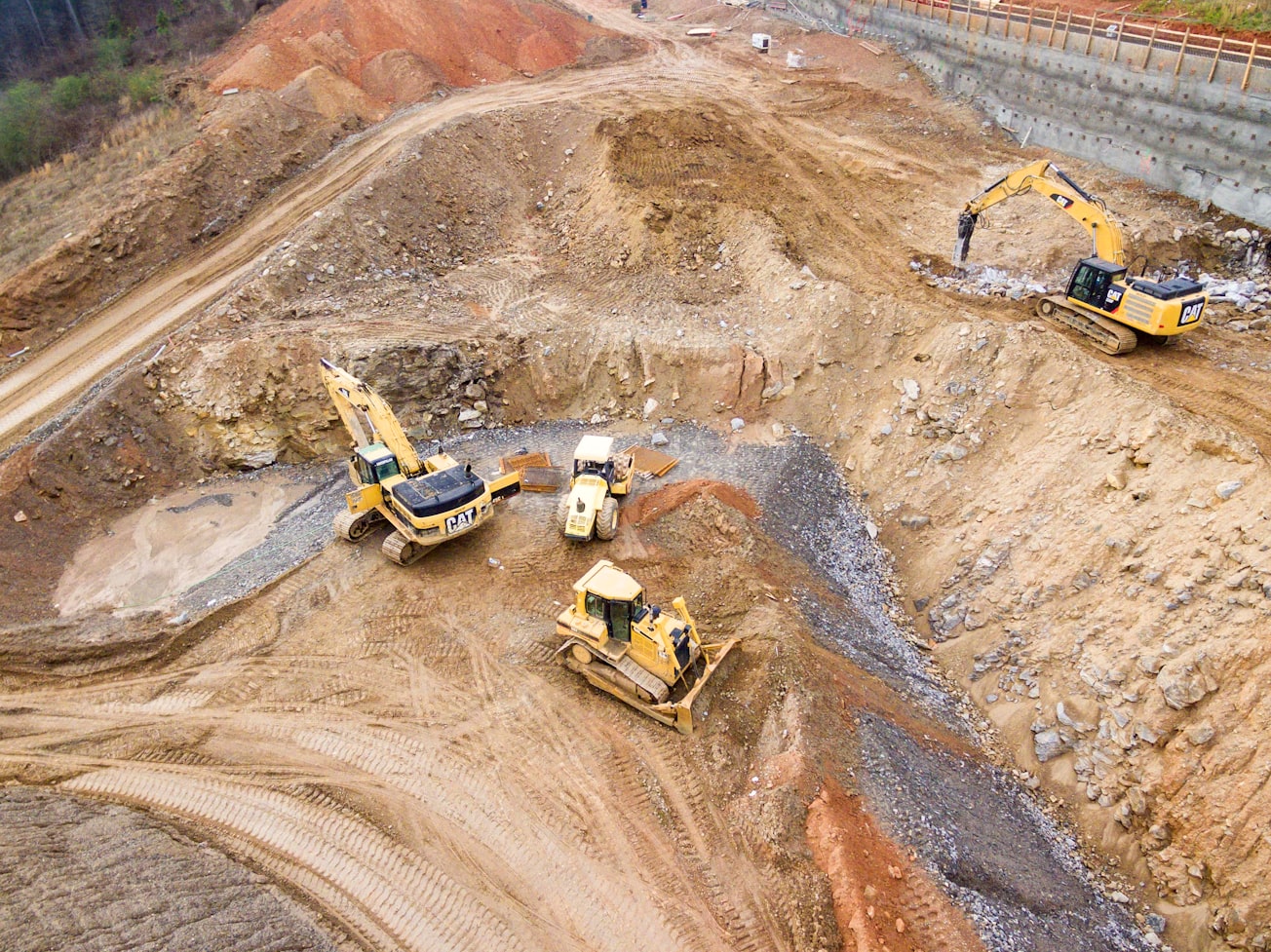What is it about?
This paper explores different understandings of extraction amongst advocates for and opponents of the globally significant gold mine at Roşia Montană, in the Transylvanian region of Romania, over the last two decades. We discuss the shifting roles of private owners, the state, civil society organizations, and the local community over time, arguing for the need to distinguish between their different positions on mining. In particular, we contend that the understanding of extraction promoted by the owners of the mine, and by the local community, is fundamentally different in terms of cultural, social, and economic priorities.
Featured Image

Photo by Shane McLendon on Unsplash
Why is it important?
The study is important because it shows that the local community argue for a traditional type of mining, embedded in local ownership and established labor identities, whereas the vision of investors for the Roşia Montană site is that of a globally competitive, technologically advanced form of extraction.
Perspectives
The study reveals that pro-traditional development attitudes among economically marginalized groups are not necessarily attuned to the material global interconnections shaping capitalism.
Dr Remus Cretan
west university of Timisoara
Read the Original
This page is a summary of: Contesting post-communist economic development: gold extraction, local community, and rural decline in Romania, Eurasian Geography and Economics, April 2021, Taylor & Francis,
DOI: 10.1080/15387216.2021.1913205.
You can read the full text:
Resources
Contributors
The following have contributed to this page







